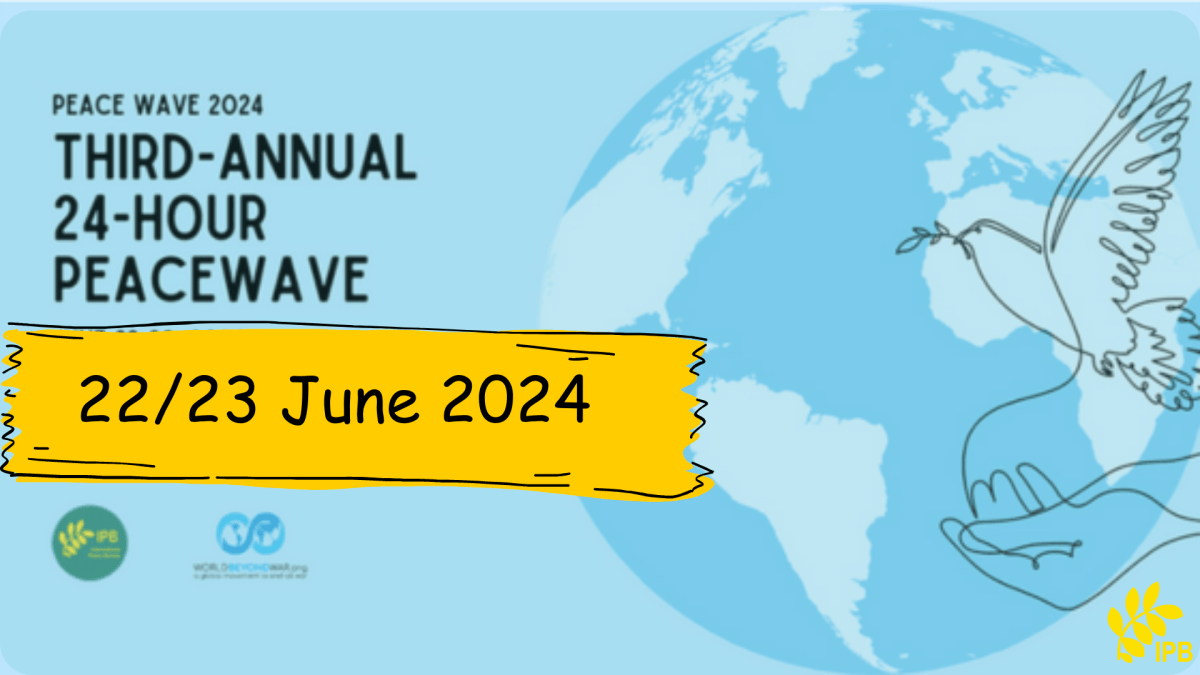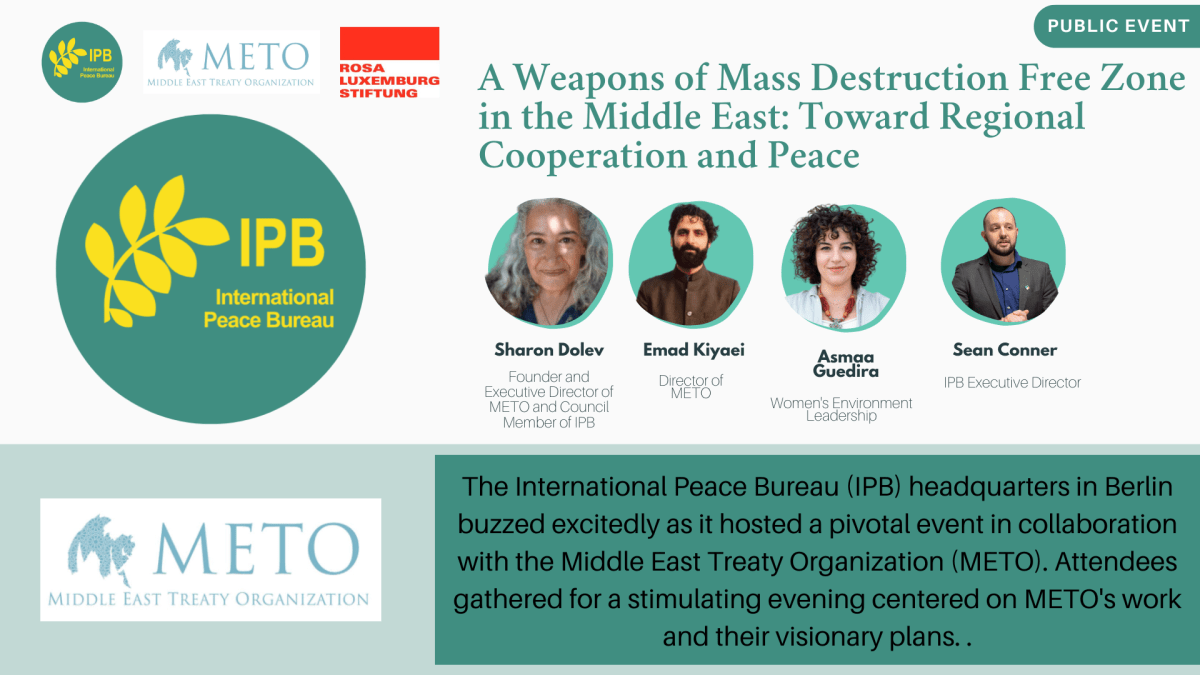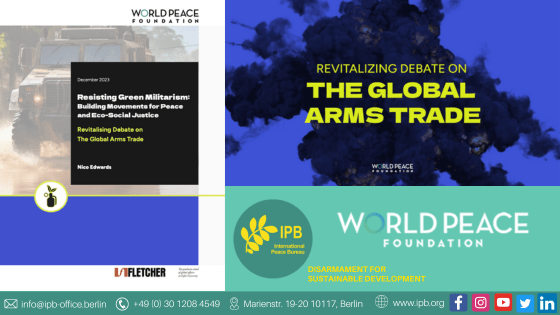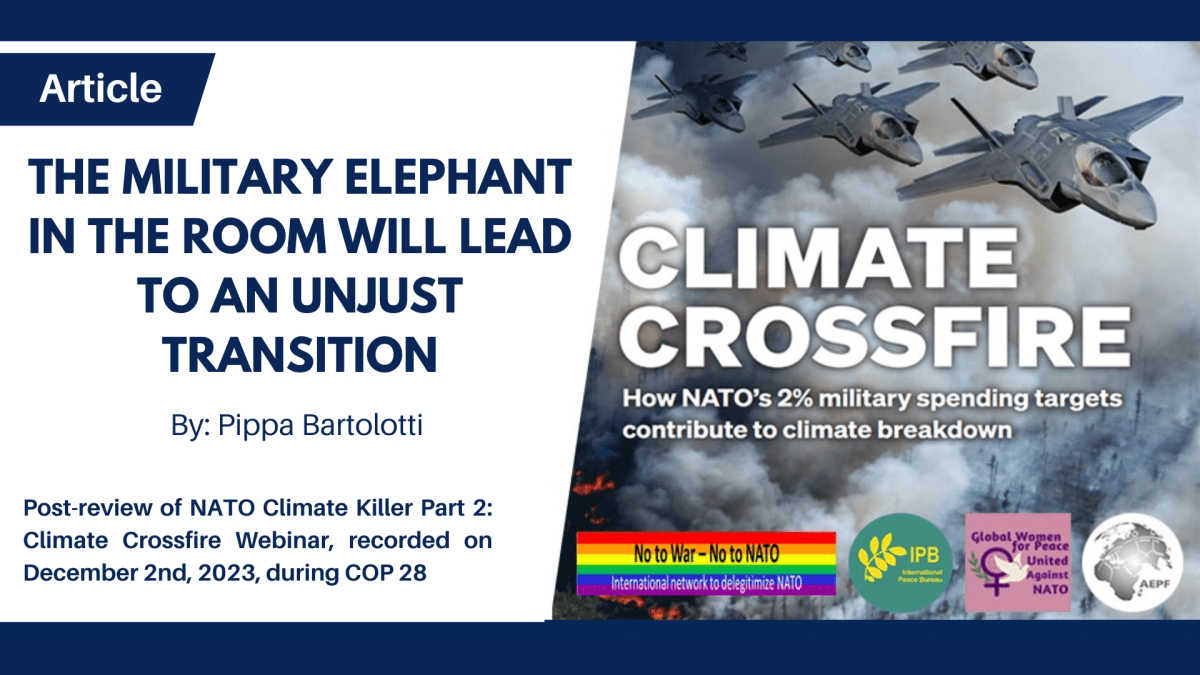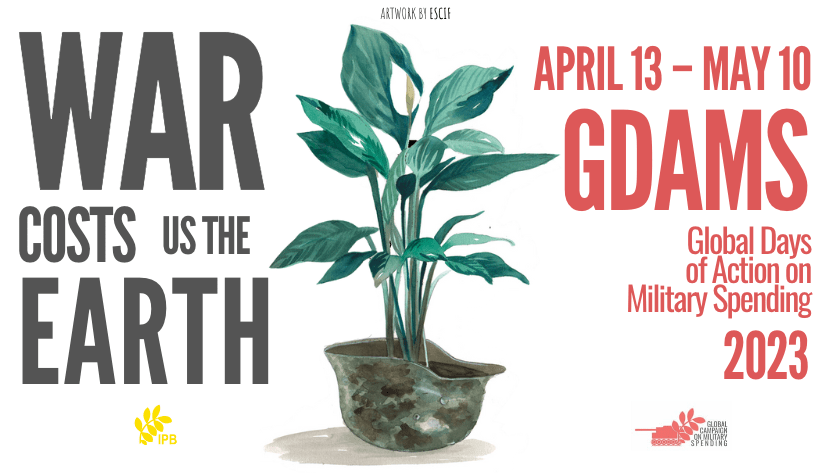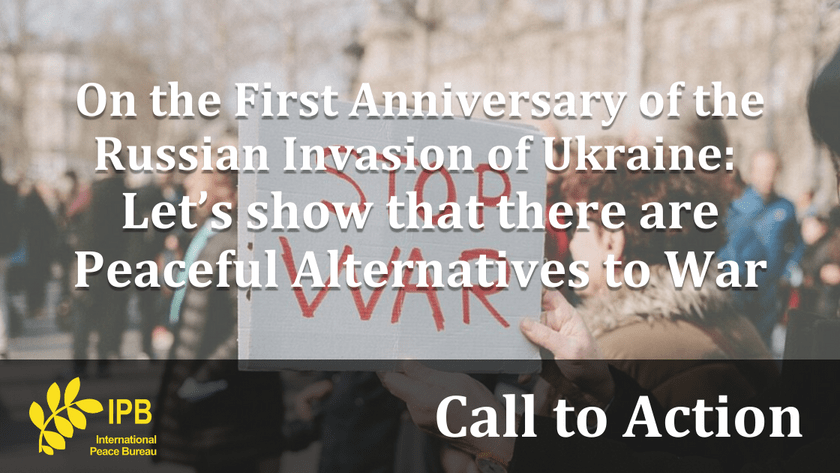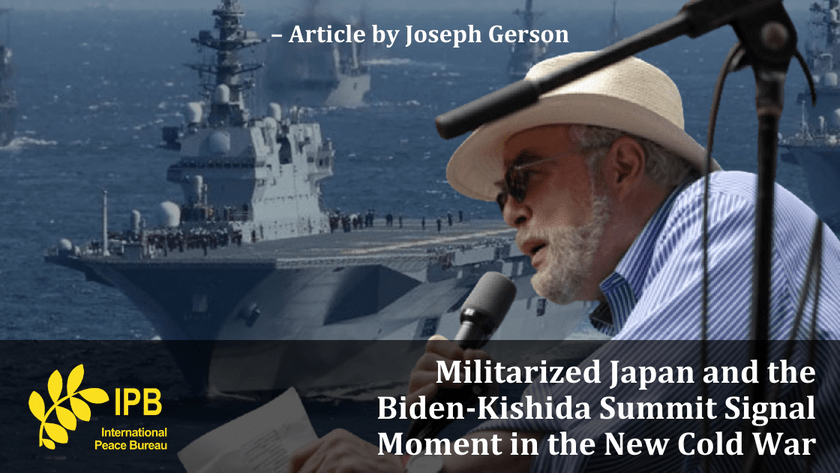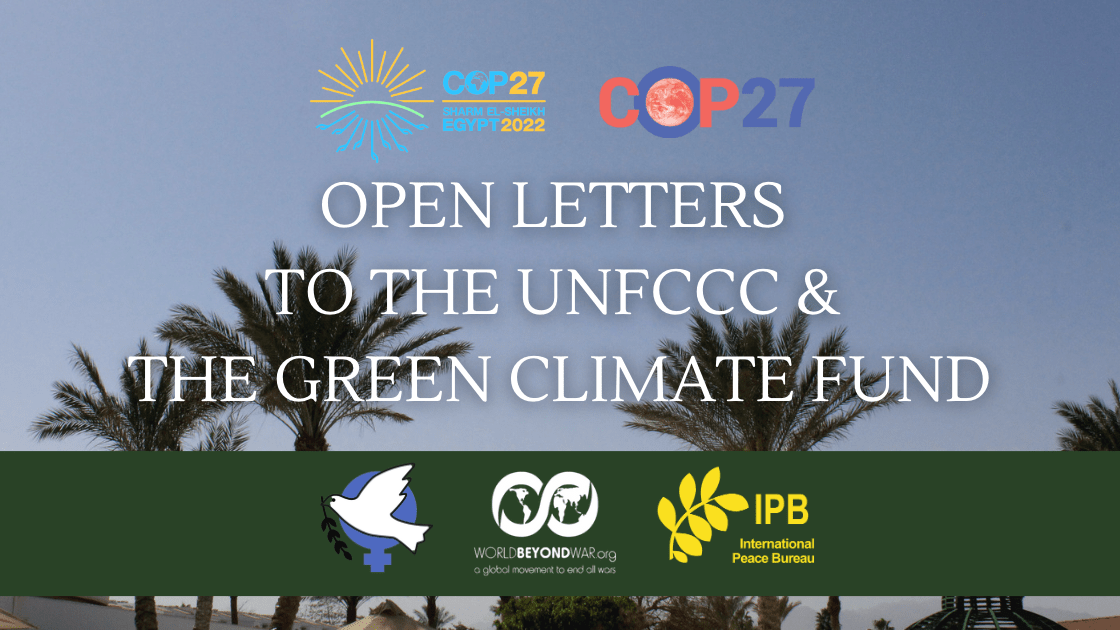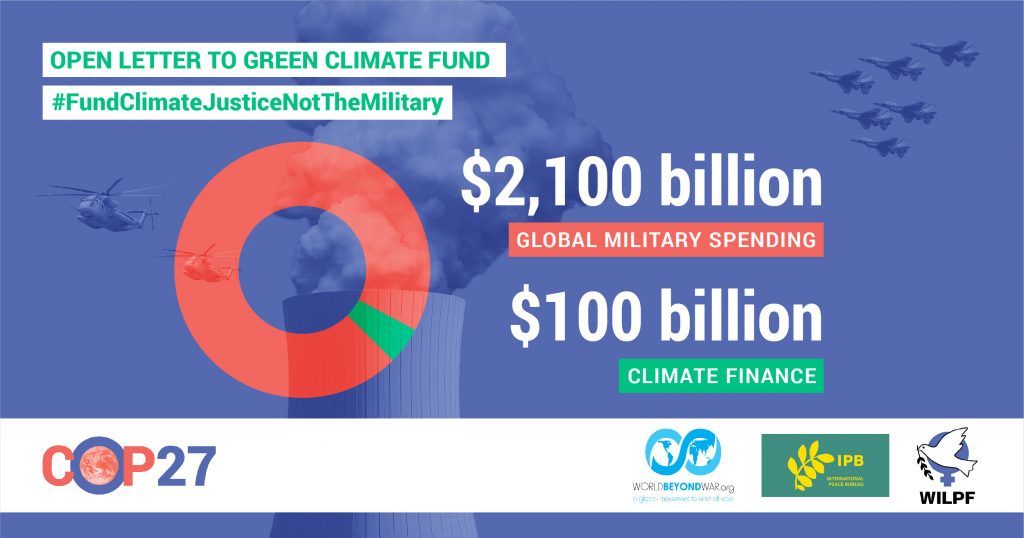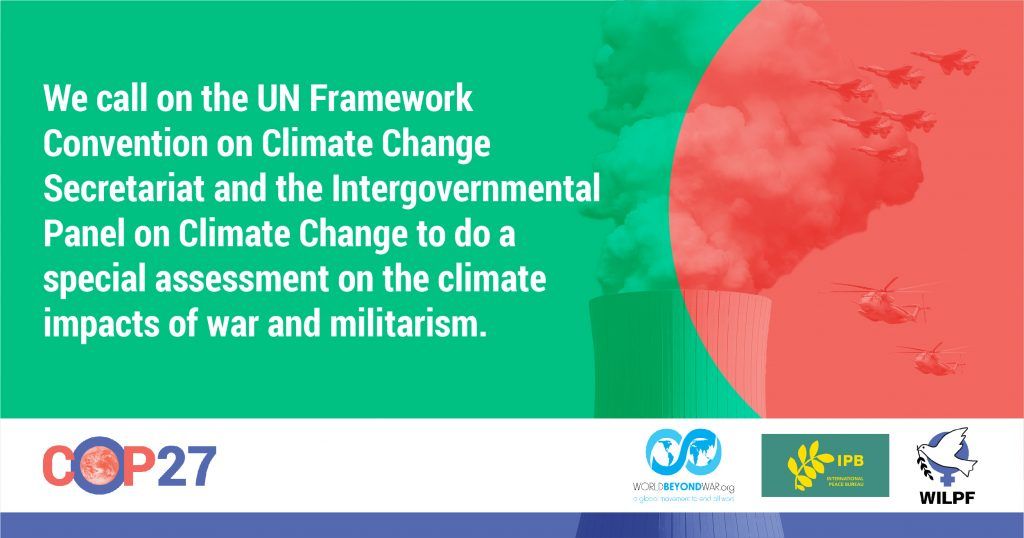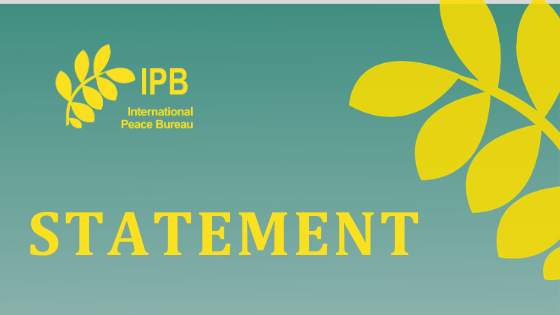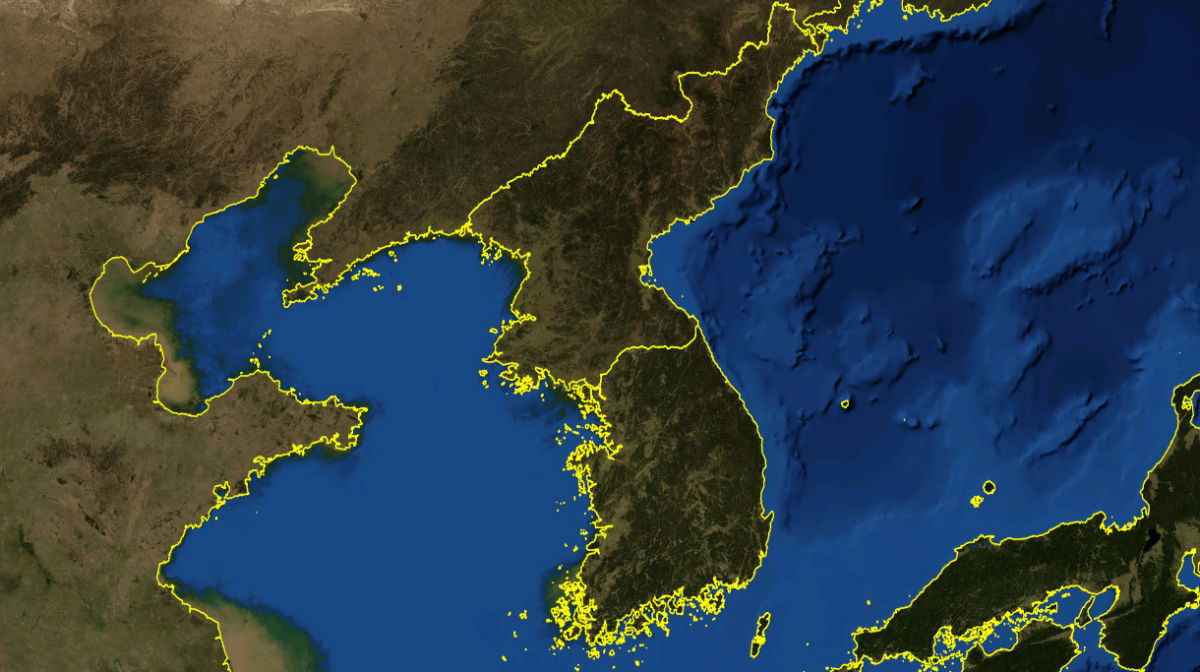On June 22-23, 2024, the International Peace Bureau and World BEYOND War held the third annual 24-hour Peace Wave, a global event dedicated to promoting peace and opposing military buildup. This extraordinary event unfolded over a 24-hour Zoom marathon, featuring live peace actions in various locations around the world, moving westward every two hours. Participants engaged in different ways to spread the word of PEACE. Each segment throughout the event concluded with a live Q&A session, fostering real-time interaction and engagement.
The 2024 Peace Wave took place against the backdrop of the RIMPAC military exercises in the Pacific and the lead-up to protests against NATO’s 75th anniversary Summit in Washington, D.C., in July. The event aimed to support global peace initiatives and oppose military alliances like NATO and AUKUS, which are contributing to global military buildup and conflicts.

Event Overview
- Europe and Africa (13:00 – 15:00 UTC) The Peace Wave kicked off with peace actions in the UK, contributions from Ireland around the topic of neutrality, followed by a panel with activists from Nigeria, Sierra Leone, Ghana, and peace actions from Cameroon and Djibouti. This segment highlighted the diverse approaches to peacebuilding in different cultural and geopolitical contexts.
- South America (15:00 – 17:00 UTC) The event then moved to South America, featuring actions from Chile, Brazil, Argentina, Peru, and Colombia. A large solidarity March with Palestine was held in Santiago de Chile, the session was enriched with songs.
- North America (Eastern Time Zone) (17:00 – 19:00 UTC) In the USA and Canada, the Eastern Time Zone saw a variety of activities. A notable segment was led by Kathy Kelly, who moderated discussions and live interactions with peace advocates. In addition to videos of peace walks, live outdoor rallies, and Q&A sessions.
- Mexico, Central America, and the Caribbean (19:00 – 21:00 UTC) The Peace Wave continued through Mexico, Central America, and the Caribbean, where peace activists held numerous events that emphasized the importance of regional cooperation and grassroots activism in promoting peace and justice.
- North America (Pacific and Mountain Time Zones) (21:00 – 23:00 UTC) In the Pacific and Mountain Time Zones of the USA and Canada, the Peace Wave featured contributions from activists like Elizabeth Murray, who shared insights from Ground Zero and the Peace Pagoda. Notable segments included a video presentation from the Peace Caravan and an anti-war demonstration in Portland, Oregon.
- Hawaii and Guam (23:00 – 01:00 UTC) The event moved to Hawaii and Guam, where peace activists engaged and elaborated on their work to promote peace globally. These segments highlighted the strategic importance of these regions in global military dynamics and emphasized the local efforts to promote peace and demilitarization.
- Australia and New Zealand (01:00 – 03:00 UTC) In Australia and New Zealand, the Peace Wave featured a variety of activities and events. These events underscored the role of cultural heritage and indigenous wisdom in peacebuilding efforts.
- Japan and South Korea (03:00 – 05:00 UTC) The segment in Japan and South Korea included a video presentation by the Japan Council against A & H Bombs (Gensuikyo) and a pre-recorded video about Japan by Joseph Essertier. This was followed by a live Q&A session with contributors from Gangjeong Village on Jeju Island, highlighting local resistance to militarization and the impact of global military policies on local communities.
- Southeast Asia (05:00 – 07:00 UTC) In Southeast Asia, peace activists from the Philippines, Cambodia, and Myanmar organized various events, with peace activists engagements. These activities focused on regional conflicts and the need for peaceful resolution through dialogue and cooperation.
- South Asia (07:00 – 09:00 UTC) The South Asia segment included contributions from Bangladesh, Nepal, India, Sri Lanka, and Pakistan. Highlights included a panel discussion on regional cooperation and peace, featuring messages and videos from various individuals and organizations. This segment emphasized the interconnectedness of regional peace efforts and the importance of collective action.
- Central Asia and the Middle East (09:00 – 11:00 UTC) The Peace Wave then moved to Central Asia and the Middle East, with activities and contributions from Israel, Palestine, Jordan, and Syria, focusing on the ongoing conflicts and the urgent need for peace and reconciliation in these regions.
- Russia, Ukraine, the Nordic Region, and Central Europe (11:00 – 13:00 UTC) The final segments included contributions from peace activists from Russia and Ukraine, a video describing the worrying militarisation of the Nordic Region, and several speeches and actions from Kosovo, Romania, Germany, Spain, Switzerland, and Italy. This part of the event featured powerful speeches and demonstrations, highlighting the global nature of the peace movement. Contributions from Ukraine and Russia underscored the need for dialogue and understanding amidst the ongoing conflict.
Context, Significance, and Importance:
In a world often fraught with conflict, violence, and political tension, the role of peace activities and campaigns cannot be overstated. Initiatives like the annual 24-hour Peace Wave, serve as critical platforms for advocating peace, fostering global solidarity, and challenging the pervasive culture of war. These efforts are essential not only for preventing conflicts but also for building a sustainable future grounded in mutual respect and understanding.
Promoting Awareness and Education: One of the most significant impacts of peace activities is raising awareness about the devastating consequences of war and the benefits of peaceful resolutions. Educational components, such as panel discussions, workshops, and cultural events, help disseminate knowledge about the complexities of conflicts and the importance of diplomacy and negotiation. For instance, during the Peace Wave event, various segments were dedicated to discussing the impacts of military alliances like NATO and AUKUS, and the necessity of global cooperation to address these issues. By educating the public, these campaigns empower individuals to advocate for peaceful policies and support nonviolent solutions in their communities.
Encouraging Global Solidarity and Collaboration: Peace campaigns often bring together a diverse range of participants from different countries and cultural backgrounds, fostering a sense of global solidarity. This unity is vital in addressing the root causes of conflict, such as inequality, injustice, and resource scarcity. The Peace Wave, for example, featured live peace actions from dozens of locations worldwide, including rallies, concerts, and public demonstrations. This global participation not only highlights the universal desire for peace but also demonstrates the power of collective action in challenging the status quo and pushing for systemic change.
Challenging Militarism and the Arms Industry: A core objective of many peace campaigns is to challenge the normalization of militarism and the influence of the arms industry on global politics. By opposing military build-ups and the proliferation of weapons, these activities aim to redirect resources towards more constructive and humanitarian endeavors. The Peace Wave specifically targeted military exercises underscoring the urgent need to reduce military spending and promote disarmament. Such actions spotlight the disproportionate impact of militarization on marginalized communities and the environment, advocating for a shift towards policies that prioritize human security and well-being.
Inspiring Future Generations: Engaging youth in peace activities is essential for sustaining long-term peacebuilding efforts. By involving young people in dialogues, educational programs, and activism, these campaigns nurture a new generation of peace advocates. The inclusive nature of events like the Peace Wave, which features contributions from various age groups and communities, ensures that the message of peace resonates with and inspires future leaders. Empowering young people to champion peace not only secures the continuity of these efforts but also brings fresh perspectives and innovative solutions to the challenges of conflict.
Building a Culture of Peace: Ultimately, peace activities and campaigns contribute to the broader goal of building a culture of peace. This involves transforming societal values, norms, and institutions to prioritize peace over conflict. By celebrating and promoting peace, these campaigns help embed the principles of nonviolence, cooperation, and empathy into the social fabric. Events like the Peace Wave create opportunities for individuals to experience and practice these values, reinforcing the idea that peace is not just the absence of war but a proactive commitment to justice, equality, and human dignity.
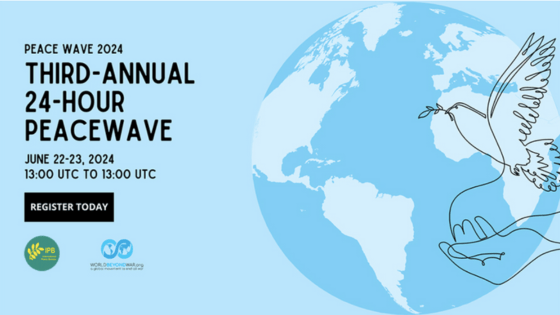
Conclusion
The 2024 Peace Wave was a resounding success, bringing together peace activists from around the world in a unified call for peace and demilitarization. The event highlighted the importance of global cooperation, local activism, and the power of collective action in addressing the challenges of militarization and conflict. As the world continues to grapple with these issues, the Peace Wave serves as a beacon of hope and a reminder of the enduring human spirit’s capacity for peace and reconciliation.
You can visit the IPB YouTube Peace Wave 2024 Playlist to watch the full event.

